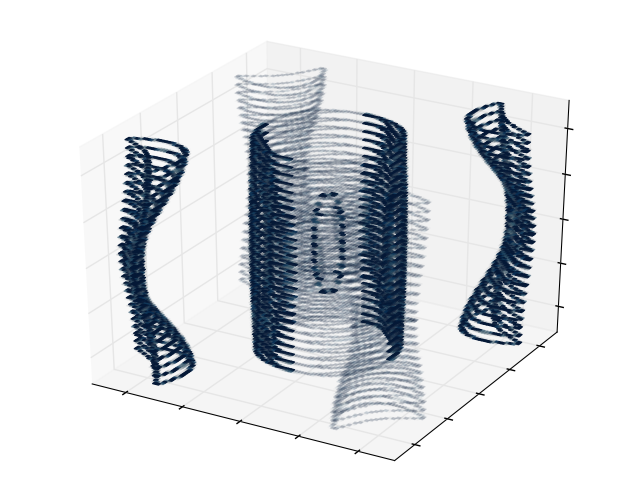Ab initio guided compositional design of quantum materials
Successful development of new quantum materials crucially relies on the optimization of fundamental materials parameters. In particular, variation of composition lies at the heart of tailoring electronic phases with desired electronic properties as, for example, exotic magnetic orders, topological electronic structures or unconventional superconducting phases. Experimental searches in large composition spaces are challenging and time-consuming, as they require preparation and characterization of a large number of samples.
This project aims at accelerating this search using an ab initio approach specifically designed to access chemical substitution and substitutional disorder in a unified way.
Materials-specific predictions from first principles calculations can support the search for new or optimized electronic materials, but their application to compositionally substituted materials beyond stoichiometric compounds is very limited. Chemical substitution is a stochastic process that breaks translational symmetry of a crystal and introduces disorder, which is still a challenge for ab-initio electronic structure calculations such as density functional theory, as it often requires use of large supercells and numerically expensive configurational averaging.
This project makes use a combination of a first-principles techniques and an effective-medium theory, the coherent potential approximation. The latter incorporates the thermal averaging and conserves the original crystal symmetry, and thus overcomes the limitations of the supercell approach.
Primary goal is to establish a closed cycle between experimental crystal growth and characterization and theoretical modeling in order to predict and guide the preparation of new samples to accelerate the optimization of desired properties.
| Name | Institute |
|---|---|
| Jörg Schmalian | Institute for Theoretical Condensed Matter Physics (TKM) |
| Amir-Abbas Haghighirad | Institute for Quantum Materials and Technology (IQMT) |
| Rolf Heid | Institute for Quantum Materials and Technology (IQMT) |
| Michael Merz | Institute for Quantum Materials and Technology (IQMT) |


